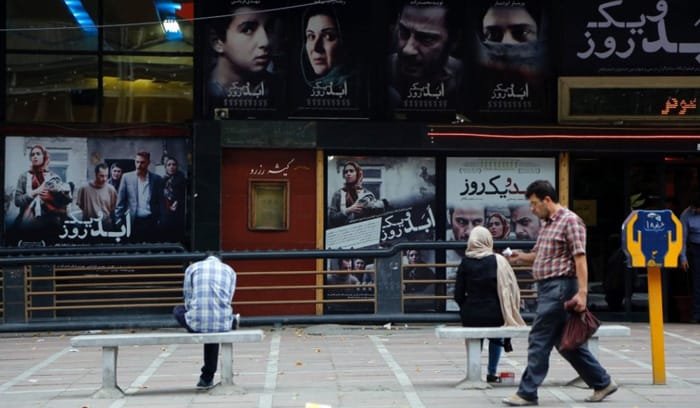Tehran, Iran – In a new escalation of the censorship campaign against female artists in Iran, authorities have blocked and shut down the Instagram pages of several female singers in the northern Mazandaran province. They were accused of posting “criminal content.” This action underscores the continued severe restrictions on freedom of expression and art, particularly for women.
The Iran International news website reported that the pages of singers Mandana Akbarzadeh, Azadeh Kebria, Zeinab Barimani, and Fatereh Hamidi were completely blocked. They were replaced with a warning message stating, “Users are being monitored for criminal activity.”
This measure is part of a broader censorship campaign targeting women’s artistic performances in a country where public singing and dancing has been banned for women since 1979. The Islamic veil is also mandatory. Despite the official ban, many female singers continue to release their work online or through private, secret performances.
Persecution of female artists after Mahsa Amini’s protests
Recent years have seen a significant tightening of Iranian control over women in the artistic field. Last year, singer Zara Esmaili was arrested after a video of her performing Amy Winehouse’s “Back to Black” went viral. Since then, several other female artists have been arrested or banned from their professional activities. This was particularly true after the 2022 protests sparked by the death of Mahsa Amini, who became a symbol of the struggle against compulsory hijab.
Spontaneous rock music confronts repression
In a related development, a video showing a spontaneous rock concert on a Tehran street has been widely circulated in recent days. The video, which was republished by Italian media, shows young men and women playing the White Stripes’ song “Seven Nation Army.” They were not observing the mandatory hijab.
Although Iranian media, both official and opposition, have not covered the incident, which reportedly occurred on October 24, pressure from religious authorities is mounting. Abolhassan Fatemi, the Supreme Leader’s representative in Shahr-e Kord, declared that “sports accompanied by music and inappropriate behavior are harmful.” He called on young people to devote their efforts to “study, moral discipline, and practicing sports in accordance with Islamic values.”
Moral repression even in everyday life
Incidents of moral oppression are also increasing in the details of daily life. In recent days, a 26-year-old man was arrested in Qom for wearing shorts while skiing. After his arrest, a judge sentenced him to rewrite a religious book titled “Thirty Minutes in the Afterlife” by hand. The man’s father, a lawyer, filed a formal complaint against the police and judiciary for abuse of power. He emphasized that there is no Iranian law that criminalizes men wearing shorts.

















